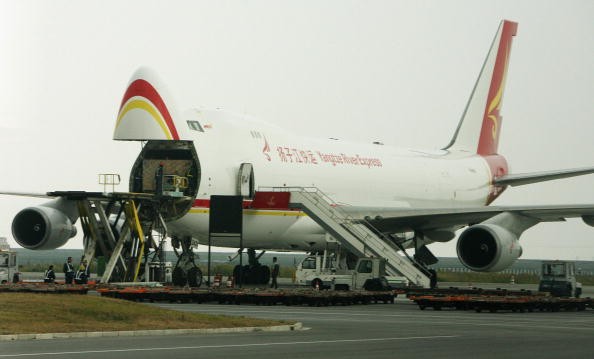In the Xinzheng International Airport, Yangtze River Airlines (YRA) has recently sparked controversy after its check-in staff refused to let a 13-year-old boy with autism to board a flight to Zhuhai, South China's Guangdong Province.
According to a statement released by the YRA management, its staff asked the father to postpone boarding and wait for his son to calm down. However, the boy continued to walk around and shout loudly.
In the end, the staff decided not to let the father and son board for safety and comfort of the other passengers. They also stated that the father could not provide proper documentation that his son is registered as a person with a mental disability.
"Given the situation and taking other passengers' safety into account, we refused to take the two passengers in accordance with the China Civil Aviation Rules on Domestic Carriage of Passengers and Baggage," read the statement.
The boy’s father, with a surname Cui, claims that the Chinese airline discriminated his son by not letting him and the boy board their flight.
"They refused to take us just because my son was speaking too loudly. But my son is not mentally ill and he was not offensive," said Cui.
Cui’s conflict with the Chinese airline received mixed reactions. Many Weibo users agreed with the Chinese airline that the boy’s behavior may disturb others so it is just right not to let him aboard the flight.
On the contrary, Wang Jun, a Beijing-based lawyer who is also the mother of a four-year-old autistic boy, said that YRA cannot refuse to take autistic passengers just out of concerns their involuntary behavior might disturb others.
"The YRA was not only discriminating against autistic people but also violated related rules by refusing Cui and his son if the boy hadn't hurt anyone and would not have affected the safety of the flight," Wang said.
Meanwhile, Cheng Shuoming, a staff member of Beijing Stars and Rain Education Institute for Autism, that Cui should have informed YRA about his son's illness in advance and asked the company for help when the boy became agitated.
"Autistic children can get really agitated if things do not progress in accordance with a set plan, for example, if a flight is delayed," said Cheng.
Cheng also added that the incident shows the people’s level of mental health awareness. In China, only a few parents register their child as a person with a mental disability because it would be harder for the kids to find a job and a partner in the future.
"The result is, on one hand, the family cannot receive social security services and, on the other, the government cannot grasp the real situation of autistic people and provide appropriate services," Cheng said.



























